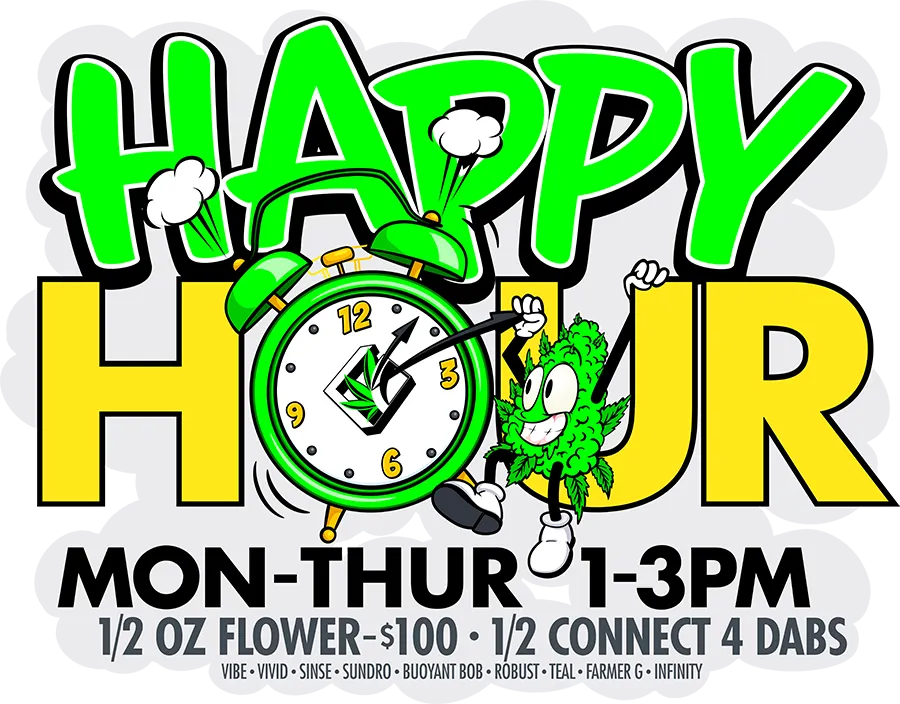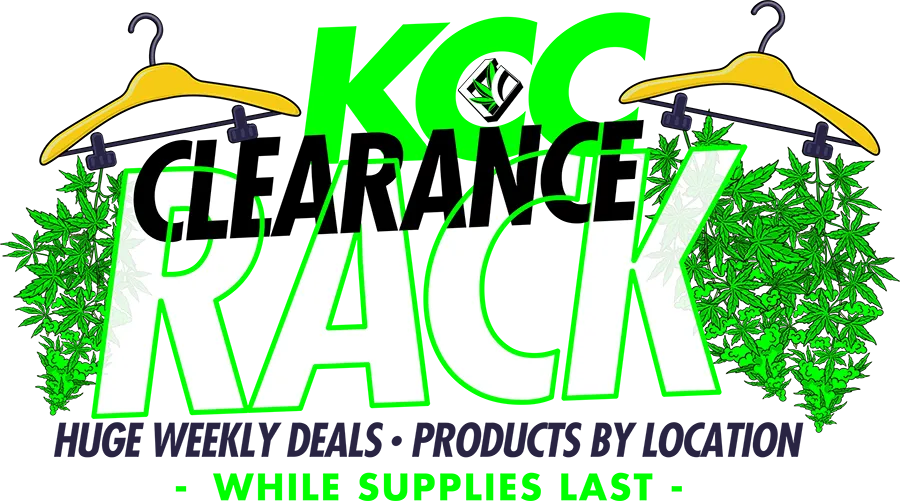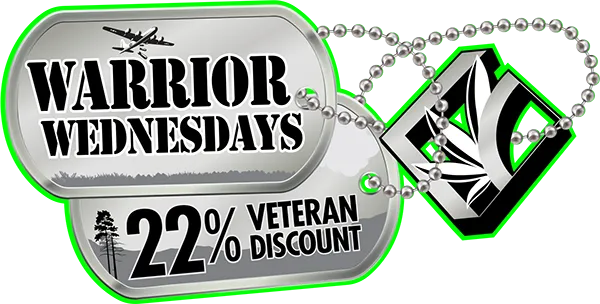Juneteenth and the War on Drugs: A Reflection on Freedom and Injustice
As we celebrate Juneteenth, it's important to remember both the victories and ongoing struggles for racial justice. Juneteenth marks the day in 1865 when Union troops arrived in Galveston, Texas, to enforce the Emancipation Proclamation, freeing the last enslaved African Americans. However, the promise of freedom remains unfulfilled for many due to systemic issues perpetuated by the War on Drugs.
Juneteenth: A Celebration with Challenges
Juneteenth symbolizes freedom and the end of slavery, but the reality for Black Americans has been marred by systemic racism and inequality. Despite the Emancipation Proclamation, the journey toward true equality continues (TICAL™ Website) (Hennepin Healthcare).

Declared by President Nixon in 1971, the War on Drugs has disproportionately targeted African American communities. John Ehrlichman, Nixon’s domestic policy chief, admitted that the campaign was intended to disrupt black communities and antiwar activists. This campaign led to mass incarceration and significant racial disparities (TICAL™ Website) (Insider NJ).
Kansas City's StrugglesKansas City has faced severe consequences from the War on Drugs. As a major hub for drug trafficking, the city has seen aggressive law enforcement and high incarceration rates. Black individuals are significantly more likely to be arrested and incarcerated for drug offenses compared to their white counterparts, despite similar rates of drug use (KCUR) (Justice.gov).
The financial and social costs have been immense. Resources have often been directed towards enforcement rather than treatment, perpetuating cycles of poverty and marginalization. For example, Johnson County has allocated substantial opioid settlement funds to law enforcement, while Jackson County focuses on treatment and harm reduction (KCUR) (The Beacon).
The punitive approach of the War on Drugs has failed to address the root causes of drug addiction. In Kansas City, the rise in fentanyl-related overdose deaths highlights the inadequacies of prohibitionist policies. Public health experts advocate for harm reduction strategies, such as providing Narcan and fentanyl test strips, to save lives and offer a more compassionate response to addiction (DEA.gov) (Justice.gov).
A Call for ChangeCelebrating Juneteenth in the context of the War on Drugs serves as a reminder of the work still needed to achieve true freedom and equality. It calls for a shift towards policies that prioritize health, equity, and community well-being. This includes investing in treatment and prevention programs, supporting harm reduction initiatives, and addressing systemic issues that perpetuate racial and social injustices (TICAL™ Website) (Hennepin Healthcare) (Insider NJ).











































